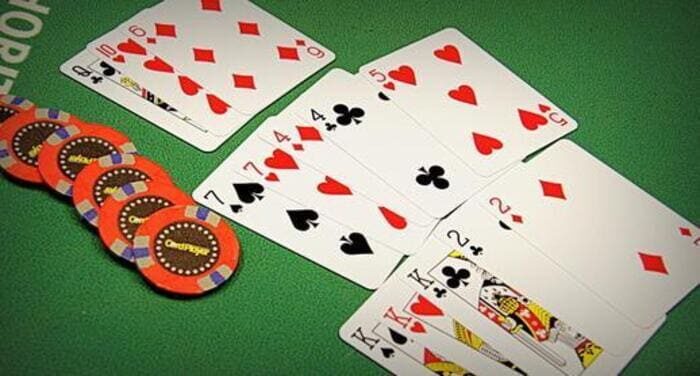Poker dealers are the people behind the scenes of the game. They run the tables, deal the cards, keep the action moving and occasionally arbitrate disagreements between players. They often make quite a bit of money and can work at a variety of locations. So if you’re a fan of the game, becoming a dealer might sound like a great career choice. But before you sign up for training, there are some serious things to consider.
For starters, you need to have excellent customer service skills. This is because tips are what dealers earn their salary from, so it’s important to keep your guests happy even if they’re losing money. In addition, dealing can be a physically demanding job, and you’ll need to be able to stand for long periods of time while playing card games. Finally, the environment can be unpleasant – dim lighting, smoke in the air and unruly customers can all add to your stress levels.
You’ll also need to know the rules and regulations of the games you’ll be dealing, including those set by the casino and those established in the game itself. It’s crucial that you understand these, as the dealer must be able to enforce them fairly. Likewise, you should also have good maths skills to be able to calculate pots and rakes. Lastly, you’ll need to be personable and entertaining in order to attract customers and keep them at your table.
Becoming a dealer requires an extensive amount of training before you can start work in a real casino. You’ll need to complete a training course that lasts between 1-2 months and can be found online or at a trade school in your area. You’ll then be required to pass a dealer audition which is effectively a job interview, and you’ll need to demonstrate that you have all the necessary skills for the role.
Having a high school diploma or equivalent is usually a minimum requirement for dealer jobs, although some casinos may expect more than this. Additionally, you will need to be 21 years old and have a valid gaming license, which is provided by the government after various background checks are conducted.
The path towards becoming a dealer isn’t always straight and narrow, so it’s worth networking in the gambling industry to find the best job opportunities. You can use websites such as LinkedIn to connect with industry leaders and to find out about open positions. In addition, many dealers start out working in smaller venues before they move on to bigger ones.
You can also look for vacancies by visiting your local casino and asking to speak with the manager or hiring department. They might be able to give you advice on where the best jobs are in terms of salary and type of work. Becoming a dealer is a rewarding experience, but it’s essential that you take the time to think through all of the requirements of the job before you get started.
